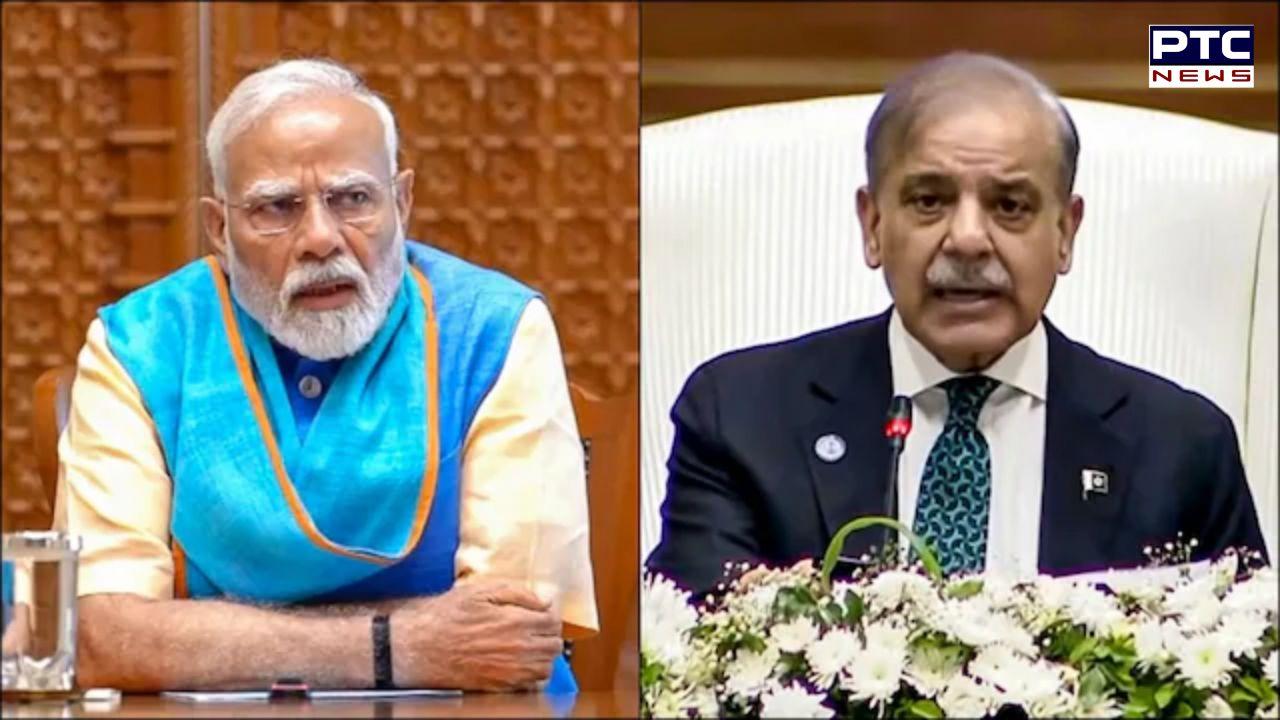

Nuke threat looms large as India Pakistan tensions intensify; Here’s what their doctrines say
PTC News Desk: The tensions between India and Pakistan have escalated following the horrific terror attack in Jammu and Kashmir's Pahalgam. The long-simmering hostilities between both the neighbouring countries snowballed into fresh escalations after 26 civilians were killed in broad daylight based on their religious allegiance.
On May 10, both the countries agreed to cessation of all the hostilities across land, air and sea. However within hours of ceasefire understanding, Pakistan violated the truce understanding and started shelling along the Line of Control. In response India although had exercised restraint yet also explicitly warned its neighbouring country to immediately withhold its attacks which will be dealt with appropriate response otherwise. The Indian security forces are fully on alert and the armed forces and the Border Security Forces have been granted complete operational freedom.
As both sides resorted escalated shelling and missile attacks and seem on the road to a full-scale battle, an unprecedented reality stares not just at the 1.6 billion people of India and Pakistan but at the world: An all-out war between them would be the first ever between two nuclear-armed nations which raises sveral questions.
How many nuclear warheads do India and Pakistan have?
India first conducted nuclear tests in May 1974 before subsequent tests in May 1998, after which it declared itself a nuclear weapons state. Within days, Pakistan launched a series of six nuclear tests and officially became a nuclear-armed state, too.
India is currently estimated to have more than 180 nuclear warheads. It has developed longer-range missiles and mobile land-based missiles capable of delivering them, and is working with Russia to build ship and submarine missiles.
Pakistan’s arsenal, meanwhile, consists of more than 170 warheads.
What are the nuclear doctrines of India and Pakistan ?
India
India's first and the only nuclear police was initially published in 2003 and has not been formally revised. Prime Minister who is the head of the Nuclear Command Authority is only authorised to direct a nuclear strike and the doctrine is build around following principles:
No First Use (NFU): This principle means that India will not be the first to launch nuclear attacks on its enemies. It will only retaliate with nuclear weapons if it is first hit in a nuclear attack.
Exception for biological or chemical attacks: India's nuclear doctrine states that, despite its No First Use (NFU) policy, the country reserves the right to use nuclear weapons in response to any biological or chemical weapon attack by another state against India or its armed forces stationed abroad.
Pakistan
Pakistan has never officially formulated a nuclear policy providing the state flexibility to carry out nuclear strike at any stage of the conflict. Similar to India, Pakistan has never officially laid down the just how large the loss of territory of its armed forces needs to be for these strikes to come intro force.
- With inputs from agencies
